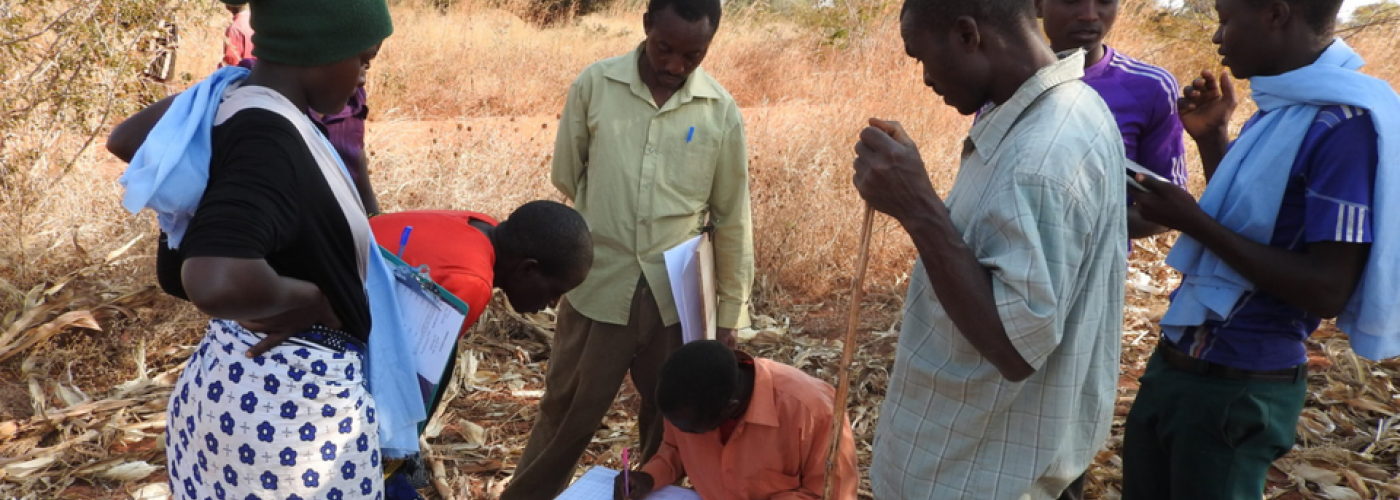Beyond Boundaries: How Secure Land Tenure Is Improving Lives in Rural Tanzania
Image

This blog was authored by Tressan Sullivan, Chief of Party of the LTA program, DAI US; and Brian McMahon, Senior Communications Specialist, DAI and was originally published by DAI.
The certificates issued by LTA have also paved the way for rural Tanzanians to improve their farms and start small businesses by leveraging their land to access credit. The project is working with local banks to encourage the acceptance of certificates as collateral and with villages to raise awareness of the new loan opportunities.
After Monika Lalika’s husband passed away, her in-laws did not allow her to use the land he had left her and she used to worry that they would one day claim the property for themselves. For Martha Paulo Mwilongo, a land dispute with her neighbor kept her from selling or renting part of her 11 acres to pay her children’s school fees. Joti Kihongo wanted to expand his general store, but could not get a large enough loan because banks would not recognize his undocumented land as collateral.
This lack of official land documentation is not unusual in rural Tanzania, since property in most villages is handed down from generation to generation, typically through male family members. However, for Monika, Martha, and Joti, and thousands of Tanzanians like them, this historically informal system of land ownership had become an impediment to their ambitions. To read more, visit LandLinks.

